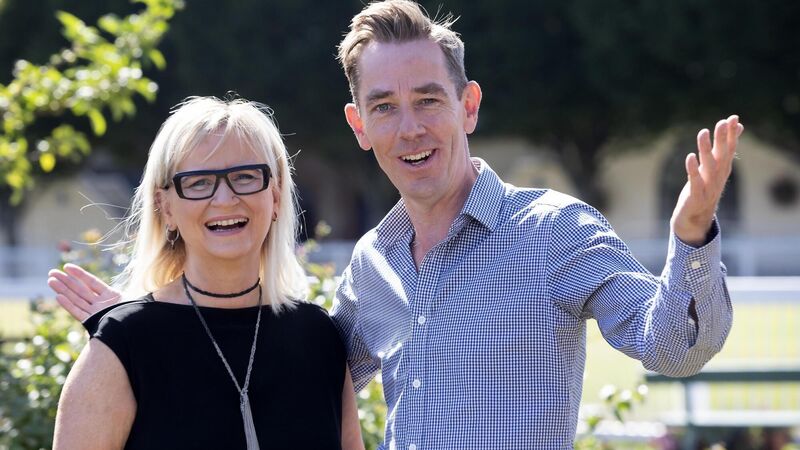Sarah Harte: RTÉ fiasco has proven that we need systemic change, not scapegoating

Ryan Tubridy and former RTÉ Director-General Dee Forbes.
Try from €1.50 / week
SUBSCRIBE
Ryan Tubridy and former RTÉ Director-General Dee Forbes.
It’s been a torrid two weeks for RTÉ, with more to come. As a rule of thumb, when you hear the word ‘transparency’ bandied around you know that there has been a marked absence of the same.
While the Oireachtas committees explored the explosive Ryan Tubridy pay crisis and other issues, the Independent Review Panel’s final report on Senior Public Recruitment and Pay Processes was published.
Already a subscriber? Sign in
You have reached your article limit.
Annual €130 €80
Best value
Monthly €12€6 / month
Introductory offers for new customers. Annual billed once for first year. Renews at €130. Monthly initial discount (first 3 months) billed monthly, then €12 a month. Ts&Cs apply.
CONNECT WITH US TODAY
Be the first to know the latest news and updates
Newsletter
Sign up to the best reads of the week from irishexaminer.com selected just for you.

Select your favourite newsletters and get the best of Irish Examiner delivered to your inbox
Monday, February 9, 2026 - 4:00 PM
Monday, February 9, 2026 - 3:00 PM
Monday, February 9, 2026 - 11:00 AM
© Examiner Echo Group Limited